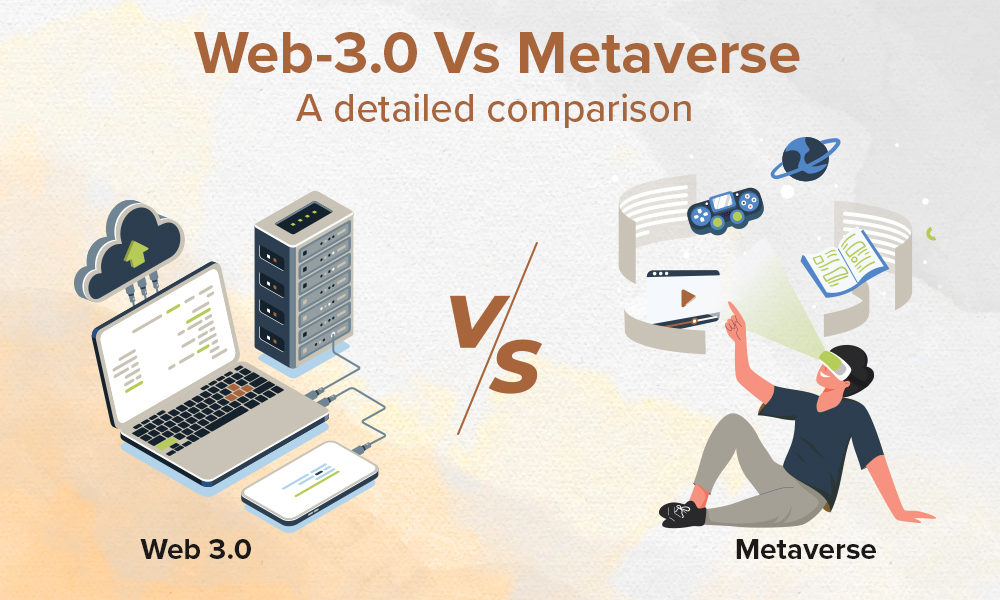Staking means locking up a certain amount of cryptocurrency in a digital wallet to be a participant in the operation of blockchain. With staking, the participants can earn a certain amount of rewards. Theoretically, anyone who holds the cryptocurrency can participate in staking if the blockchain is working on the Proof of Stake (PoS) consensus.

The transition of this public blockchain from classic Ethereum to Ethereum 2.0 will be done in phases and will happen over the course of two years.
What do you need to participate in Ethereum 2.0 staking
- Have at least 32 ETH
- 24*7 internet connection
- Server-grade CPU/SSD/networking connections
- The technical know-how of Ethereum’s node software
If you are an individual stakers, remember that the software stack needs to include the following:
- Beacon nodes. The validator hub stores a canonical state, propagates blocks and handles incoming sync and peers. It will also have a gRPC server to connect clients through a public API.
- Validator clients. This client signs blocks and communicates with your beacon node. For every 32 ETH, you can host another validator client. These clients store BLS private key, RANDAO reveals and proof of custody. They also track shared state data and validator signed data blobs.
Note: For crypto enthusiasts interested in staking but don’t have access to the minimum ETH required or the technical know-how of how to stake, they can opt for a staking pool to earn a passive income.
How can staking secure Ethereum2.0 blockchain?
When it comes to public blockchain like Ethereum, it is possible to validate malicious transactionsf you have control of the 51% of the network. With staking, more participants join the network as transaction validators. Joining the network as a validator, is more accessible in PoS as it doesn’t need specialized hardware like PoW. Secondly, attacking the blockchain will be more risky, as your stake can also be lost once the malicious attack is recognized and the attacker is thrown out of the chain.
What are the rewards of being a staker in the Ethrreum2.0 blockchain?
Rewards are given for actions that help the network reach consensus. You’ll get rewards for batching transactions into a new block or checking the work of other validators because that’s what keeps the chain running securely.
What is the level of risk involved in staking your Ethereum?
Each staker will receive validator rewards in ETH, but the given rewards cannot be withdrawn at least “until phase 2 (around two years). What one also needs to know that they may lose ETH for malicious activities, going offline, and failing to validate the transactions.
What are the advantages of staking to Ethereum?
- Highly sustainable blockchain
The validators wouldn’t need high energy consuming computers to run nodes in the proof-of-stake system. They can run it from equipped hardware which is more accessible. This makes Ethereum a sustainable blockchain and better for the environment.
- More accessible
WIth much affordable hardware requirements and given the opportunity to pool, a wider lot will be enabled to join the network. This will make the Ethereum blockchain more decentralized and secure by containing the attack surface area.
3. Unlocks sharding
Sharding comes with the proof-of-stake system only. It allows to dilute the amount of computing power which is capable of corrupting the network. However, this is not going to be possible in Ethereum2.0 with randomly-assigned stakers in proof of stake.
Akeo being a participant in the Ethereum 2.0 Staking
At Akeo we have always learned and experienced blockchain technology first-hand. Being the first adopters of technology has helped us gain insights and made us guide our clients in the right direction. Therefore it comes natural for a company like Akeo (with a strong blockchain focus) to help out the blockchain community globally by securing one of the most commonly used blockchain networks.
As a staker in the Ethereum2.0 blockchain we are able to get direct access to the nodes. This helps us to learn the behind the scenes technicalities. Moreover, this allows us to expand our product development capabilities on Ethereum, beneficial for us as well as our clients!
What has Akeo been a part of in the arena of blockchain besides being a staker in Ethereum2.0?
Akeo has been a tech-partner of amazing blockchain based start-ups who have not only created a name for themselves but are aiming to change the world for better.



.jpg)
